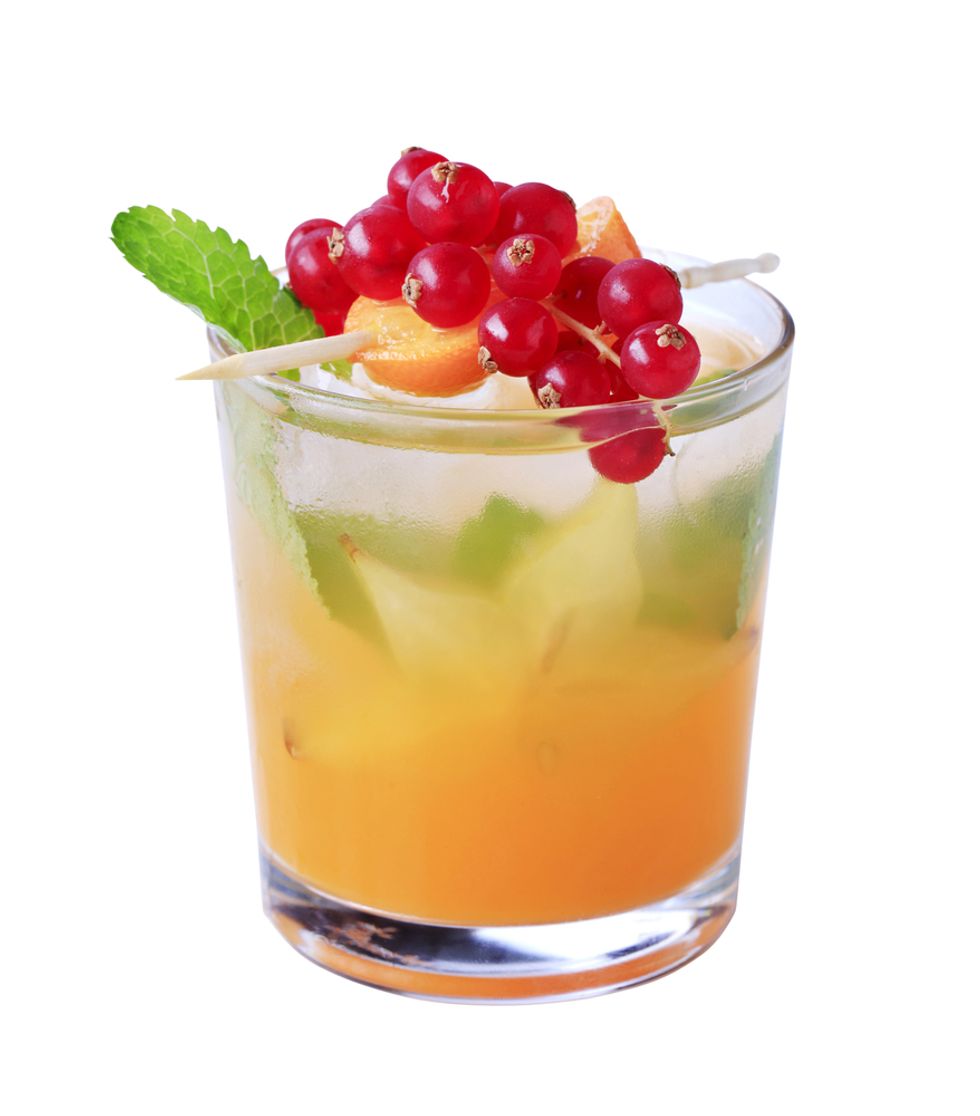This is part of a series of posts on 90s music in the run-up to WAM! Prom. Find details and RSVP here.
Gangsta rap was as controversial as it was popular. The violence of the lyrics was undeniable, and the main concern was that it encouraged the kind of violence portrayed in the lyrics. Defenders of the genre portrayed it as something of an expose, and detractors argued that it glamorized violence and crossed over to a suburban white audience by exploiting ugly stereotypes. (Unfortunately, a lot of critics of gangsta rap have an aggravating tendency to pretend that white pop musicians don't produce misogynist, violent music---a contention that country music alone easily disproves.) The critics had a point, but it's also undeniable that plenty of gangsta rappers took a thoughtful, introspective stance at times. Tupac in particular, would put out songs emphasizing surviving and thriving, even if he gave in to the urge to glamorize violence at times, too.
Mostly it won people over by being really good music, regardless of how you felt about the ethical aspects. It was started in the early 80s by N.W.A. and exploded in popularity with the founding of Death Row Records, who published artists like Dr. Dre, Snoop Dogg, and Tupac Shakur. The short era of gangsta rap dominance---which was so extreme that many Americans didn't realize there was any other kind of hip-hop---ended in tragedy, however, with the still-unsolved murders of Tupac Shakur and Notorious B.I.G. in 1996 and 1997, respectively.
Despite having almost two decades to look it up, a surprising number of people still don't know what kind of juice you use in a gin and juice. (It's grapefruit, or a grapefruit/orange mix. I suppose you could use Fresca, if you're being adventoruous.)




